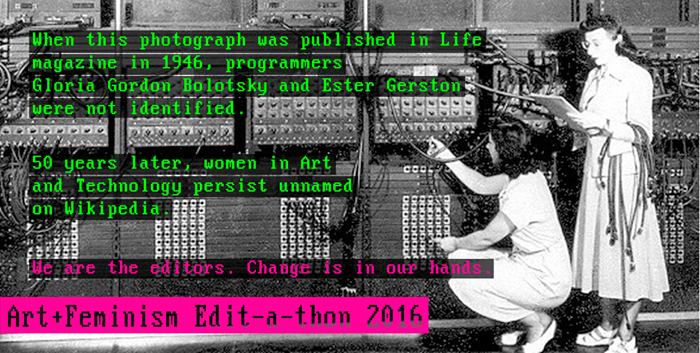The other day I went down a rabbit hole about Wikipedia’s real-world impact. The conversation was originally around women’s presence on Wikipedia and what could be done to increase it, since like it or not, Wikipedia is a fundamental source of information, so fundamental that it can shape or initiate trends. If you want to learn more about the topic, here are some good places to start with:
- The latest scandal, and why it is a problem for minor languages as machine learning advances: most of the Scots language edition of Wikipedia was written by an American teenager who doesn’t actually speak the language;
- Adding two paragraphs of text and nice pictures to randomly selected articles about small Spanish cities led to an over 9% increase in hotel stays, for a total worth of $190k per year;
- One quality Wikipedia article written by chemistry experts influenced 250 published peer-reviewed academic papers
- How the Snowden revelations reduced the volume of searches on Wikipedia;
- The Wikiproject Women in Red started in October 2014 from the observation that only 15.53% of English Wikipedia’s biographies were about women. Founded in July 2015, WiR strives to increase the percentage, which has reached 18.57% as of 8 September 2020;
- Jessica Wade has added nearly 700 Wikipedia biographies for important female and minority scientists in less than two years;
- Since 2014 Art+Feminism organises Edit-a-thons, collective marathons of Wikipedia editing to add more content about women and other underrepresented social groups;
- A Wikipedia page about why Wikipedia is not so great.
